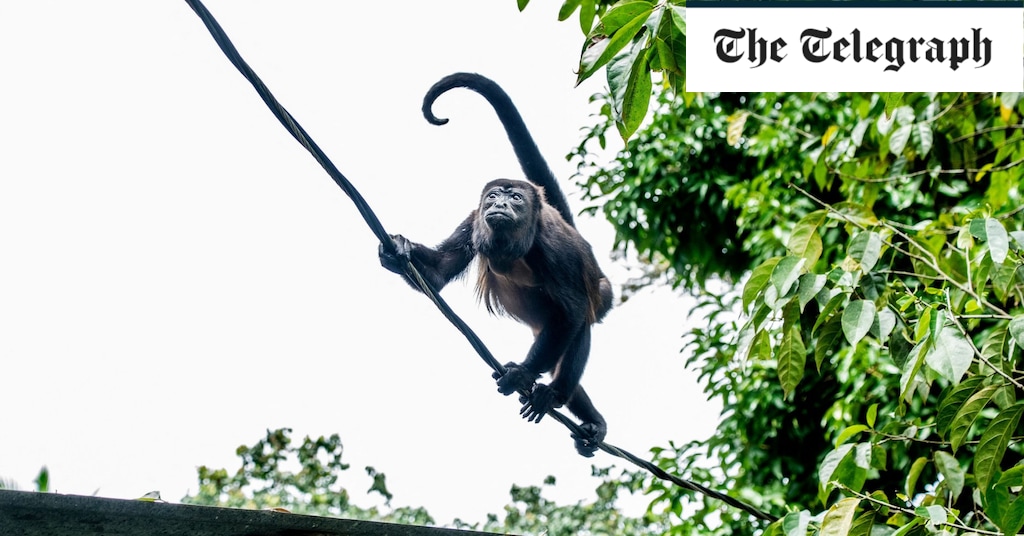
Around Nosara, an idyllic surfing getaway in the Pacific north-west coast of the country, the din of construction work is constant.
Palatial mansions peak through the forest canopy, nestled in the steep slopes which lead down to the beaches.
Signs advertising villas with swimming pools and acres of land for sale adorn the pot-holed roads down which a steady stream of trucks transporting sacks of cement, glass panels and roofing materials thunder.
Mechanical diggers excavate tennis court-sized plots in patches of hitherto pristine rainforest for new holiday homes.
For the rich foreigners who have colonised this pocket of paradise, the whir of cement mixers does not sit well with their desire to live in harmony with the 500,000 species which make Costa Rica one of the countries with the highest biodiversity on the planet.
The problem is exacerbated by building permits being issued with no feasibility studies.
A slapdash spider’s web of cables and transformers links these homes and resorts to the grid.
Power cuts happen frequently when the howler monkeys cause a short circuit as they cross the transformers.
The problem is particularly acute in areas of deforestation, where the animals have no choice but to travel on the wires.

